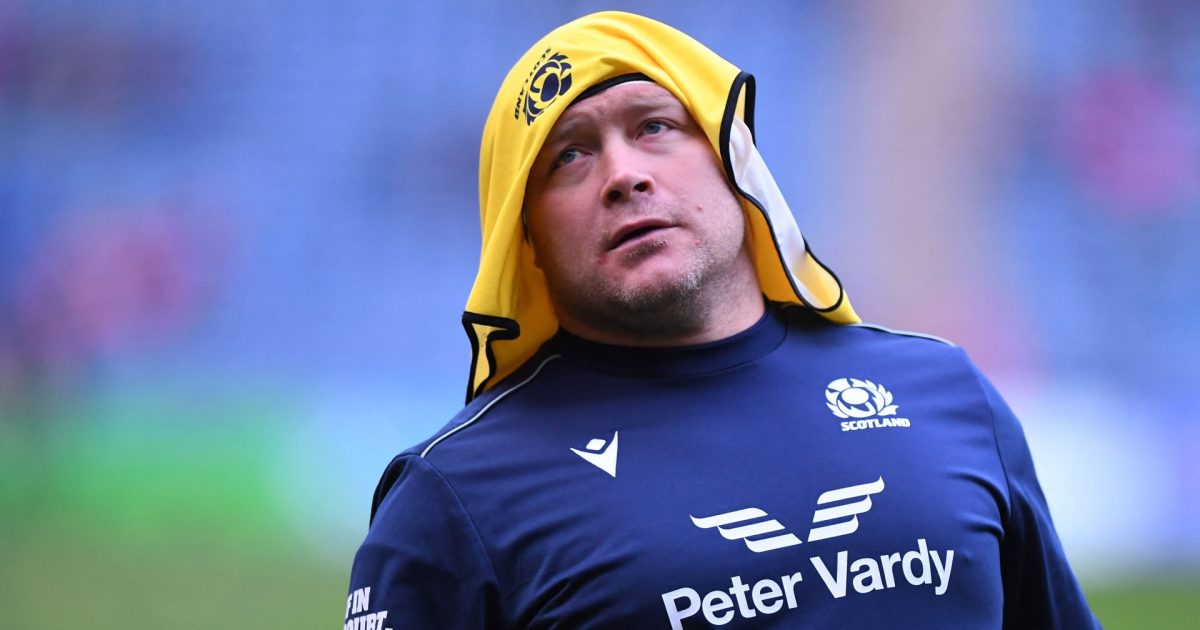Grant Gilchrist: Why 'WP Nel is proving us all wrong'

Veteran Scotland lock Grant Gilchrist is intent on savouring every moment of the upcoming World Cup as he knows it is likely to be his last. The 32-year-old is almost certain to be named in Gregor Townsend’s final 33-man squad for the showpiece in France, allowing him to go to the tournament for a third time after he represented his country in 2015 and 2019.
Gilchrist – with 62 caps to his name – is realistic enough to know he may not get another chance thereafter, so the Edinburgh stalwart is eager to make sure he helps his burgeoning team seize what he feels is their “best chance” yet to shine on the big stage this autumn.
“I am aware that as you get towards the end of your career you want to salvage every moment,” he said. “I am certainly at that stage where every opportunity that comes my way I am going to grasp it with both hands and make sure I take it because you don’t know how much longer you will have the privilege to do this.
“I absolutely love it and that is going to be my attitude this summer and hopefully beyond. If I am fortunate enough and play well enough to be selected then I am realistic – you never know, (37-year-old) WP Nel is proving us all wrong – to know it is likely to be my last opportunity to play in a World Cup and if I get that opportunity I believe that with this group of players it is the best chance we have.”
Scotland are in a pool alongside South Africa and Ireland, and with only two teams progressing to the knockout phase, one of the top five teams in the world is set for an early exit. Gilchrist is confident Scotland have enough quality and nous to get the better of their heavyweight opponents in France and go deep into the tournament.
“I just think this team has been together since 2019 and has been on a bit of a journey,” he said. “We have got better year on year and we have got ourselves to a position where it’s ‘If not now then never’. That is my opinion. We have done the work, we have had the experiences as a team, good and bad, to shape it and we now know what we need to do. It is whether we can do it on the big stage.
“We know how tough the group is, but we are also in a stage of our development where we have been together now as a pretty settled group for a long time and we have shown in splurts that we can mix it with the best teams in the world.
“We believe that, and we have shown it against the teams that we will be coming up against. I didn’t play in the Ireland game in the Six Nations but in the first half, we showed the intensity that is needed to beat Ireland.
“We weren’t able to do it for 80 minutes, and it was a similar story against South Africa in the autumn Test (in 2021). At half-time, we were ahead and we knew what it took to win it.
“We didn’t quite have enough at that point and now we have been working tirelessly over the last six weeks to make sure we can take the belief forward that we know we can beat these teams. We are not quite there yet, but can we get that growth over the warm-up games so we can do it come the big time?”
























































































